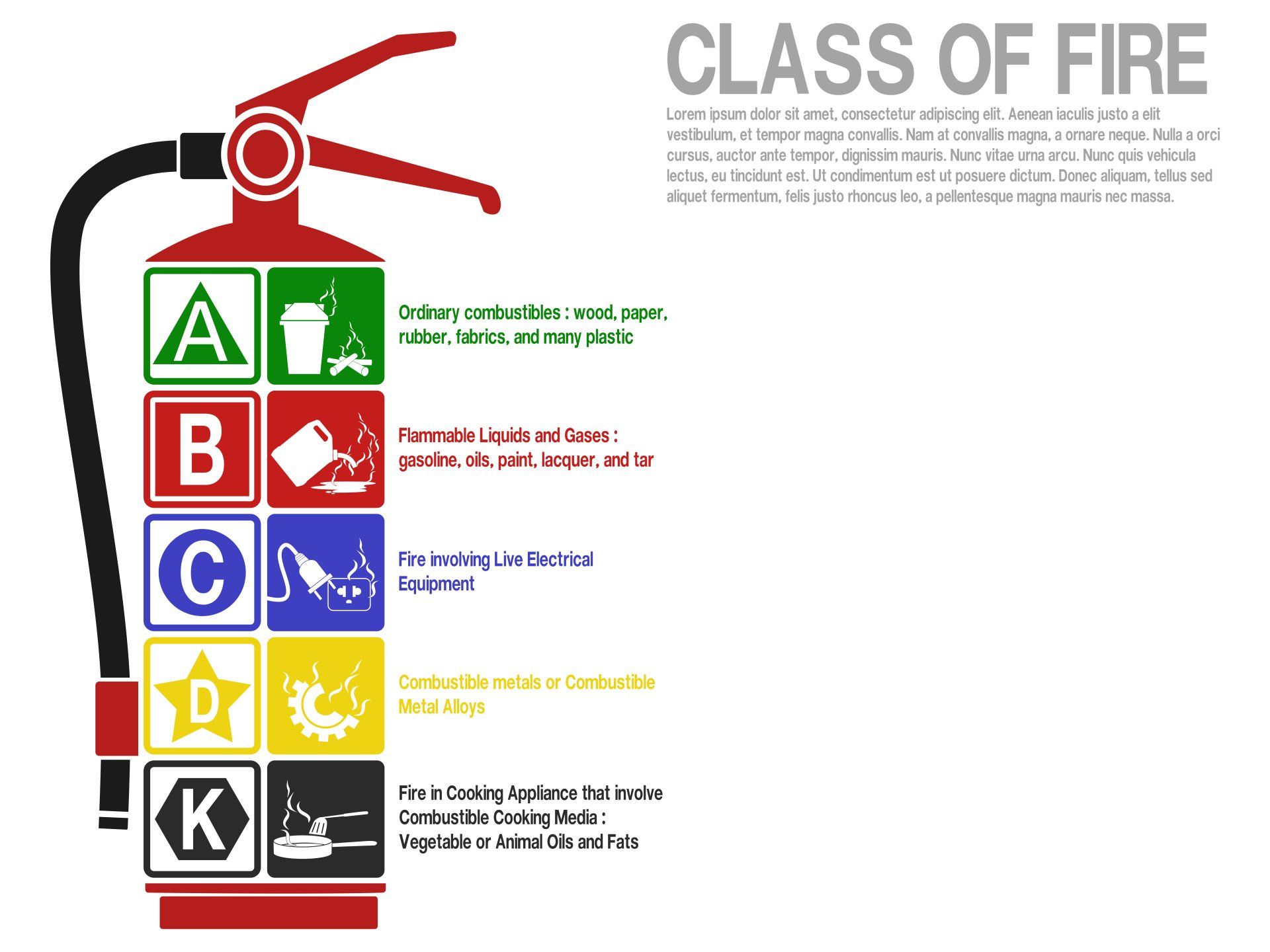Fire Extinguishers Sales
Near Fort Worth, TX
Water Extinguishers
Water Extinguishers or APW extinguishers (air-pressurized water) are suitable for class A fires only. Never use a water extinguisher on grease fires, electrical fires or class D fires-the flames will spread and make the fire bigger! Water extinguishers are filled with water and pressurized with nitrogen. Again-water extinguishers can be very dangerous in the wrong type of situation. Only fight the fire if you're certain it contains ordinary combustible materials only.
Carbon Dioxide (C02) Extinguishers
Carbon Dioxide (CO2) Extinguishers
are used for class B and C fires. CO2 extinguishers containing carbon dioxide, a non-flammable gas, and are highly pressurized. The pressure is so great that it is not uncommon for bits of dry ice to shoot out the nozzle. They don't work very well on class A fires because they may not be able to displace enough oxygen to put the fire out, causing it to re-ignite.
CO2 extinguishers
have an advantage over dry chemical extinguishers since they don't leave a harmful residue-a good choice for an electrical fire on a computer or other favorite electronic devices such as a stereo or TV.
CLEAN GUARDS
Similar to CO2, Clean Guard FE-36 extinguishers is a stored liquid under pressure that turns to gas when discharged into the air. Clean Guard FE-36 is effective on Class B and C fires which include petrol, oil, propane, and butane.
Clean Guard was created to be an environmentally friendly alternative and is safe to use on delicate electronic equipment . This Guard does not leave residue and can also be effective on electrical fires due to it no being a conductor.
Kitchen Extinguishers
Class K fire extinguishers are used mostly in kitchens and cooking media. These extinguishers work on fires vegetable oils, animal oils, or fats in cooking appliances. With the alkaline mixture and combination of fatty acid creates a soapy foam on the surface holds in the vapors and steam putting out the fire.
D Class
Class D fire extinguishers are commonly found in a chemical laboratory and industrial settings. They are for fires that involve combustible metals, such as magnesium, titanium, potassium, and sodium. These types of extinguishers also have no numerical rating, nor are they given a multi-purpose rating - they are designed for class D fires only. This is due to the materials burning at high temperatures and will react violently with water, air, carbon dioxide, and other chemicals.
Fire Hoses
It is best to keep your fire hoses up to date in the chance of an emergency. Our team offers a variety of fire hoses and nozzles that are all high-quality and offer replacement options. We also offer free fire inspections and installation services to ensure that your new hose is installed correctly.
It is vital to know what type of extinguisher you are using. Using the wrong type of extinguisher for the wrong type of fire can be life-threatening.
These are only the common types of fire extinguishers. There are many others to choose from. Base your selection on the classification and the extinguisher's compatibility with the items you wish to protect.







